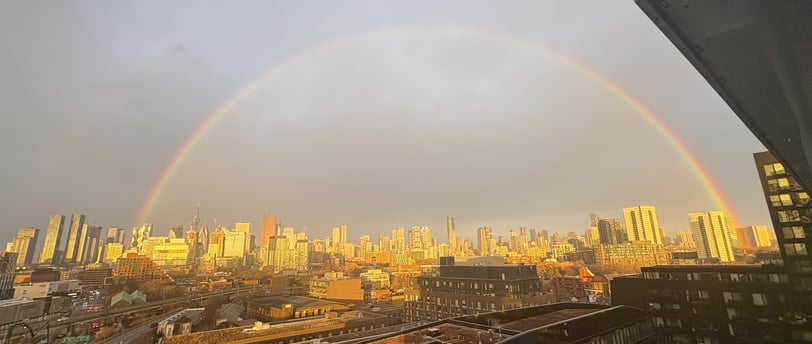What If Trauma Is a Guardian, Not an Enemy?
Self help.
Effie
3/20/20253 min read


We’ve been told that healing means "getting rid of" trauma. That we need to break through our blockages, release old wounds, and free ourselves from the past. But what if we’ve been looking at it all wrong?
What if trauma isn’t something to fight, but something that has been protecting us all along?
Trauma as Protection, Not Punishment
When we experience pain, loss, or fear, something deep within us steps forward to shield us. These protective layers form without us even realizing it—tight muscles, closed-off emotions, patterns that keep us from stepping into the unknown. They aren’t here to harm us. They are here to keep us safe in the only way they know how.
I feel this so clearly in yoga. My body has held onto tension for years, guarding me from old wounds. My hips don’t resist forward folds to punish me—they are keeping me from overstretching, from opening too soon before I am ready. My breath was once shallow, not because my lungs were incapable, but because my body believed that holding tension was the safest way to exist.
Then, I started to show them:
Look, I am strong now. I can hold myself upside down.
Look, I take care of myself. I listen to my body. I nourish it.
And slowly, my body responded. It didn’t let go because I forced it to. It let go because it saw that I was safe now.
Money, Time, and the Unseen Shields
I realize now that trauma has shaped not just my body, but my entire perception of reality—especially my relationship with money and time.
It reminds me of an episode of Black Mirror where a mother installs a shield in her daughter’s vision, blocking out anything "unsafe." The daughter grows up unable to see violence, fear, or danger. She isn’t avoiding them—she literally cannot perceive them.
I think my mind did something similar with money. I never looked at it directly. The moment money felt unsafe—when it was tied to stress, instability, or uncertainty—my mind blurred it out. I didn’t track it. I felt disconnected from it. I couldn't understand why money always felt so confusing and out of reach.
But what if this wasn’t failure? What if it was protection?
My mind shielded me from money because it saw it as a threat.
So just like yoga, I have to prove to my system:
See, I am learning now. Money is safe.
See, I can handle this. I know how to take care of myself.
The same goes for time. When I started tracking my daily tasks, I realized my perception of time was completely distorted. Some things that felt endless—like ironing a bedsheet—actually took 15 minutes. Other things, like taking a bath, felt like 30 minutes but stole two hours.
And then it hit me: as a kid, I spent so much time alone. What if my mind shortened those endless days so I wouldn’t be scared? What if, out of love, it blurred the loneliness into something more bearable?
But now, I am an adult. I am safe. I can see time for what it is.
We Don’t Heal by Fighting—We Heal by Trusting
What if our trauma isn’t something we need to tear away? What if healing isn’t about "releasing the past," but about proving to those protective parts of us that we are ready?
We do not "break through" blockages.
We do not "fix" what is broken.
We simply become the person that no longer needs the protection—and then, those layers soften on their own.
Your trauma isn’t your enemy.
It is a guardian.
And when it knows you are ready, it will let go.
When we feel blockages, we don’t have to be afraid or try to force them away.
Instead, we can pause, feel them fully, and say
"Thank you for trying to protect me again. I’m getting better. I love you."
